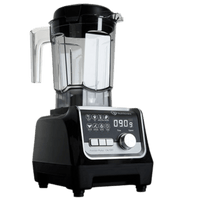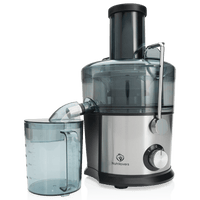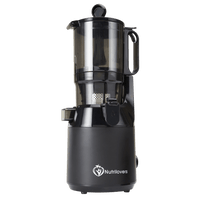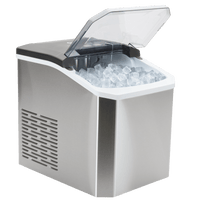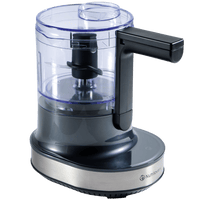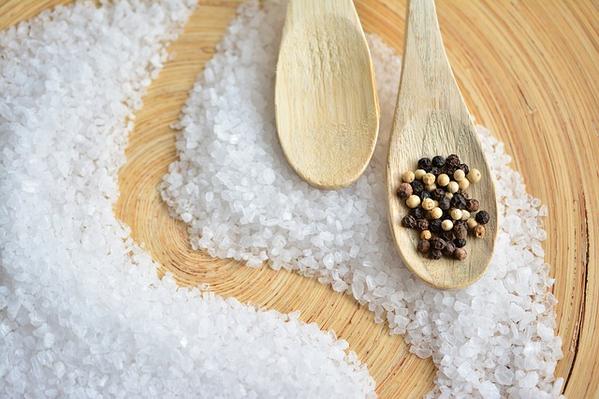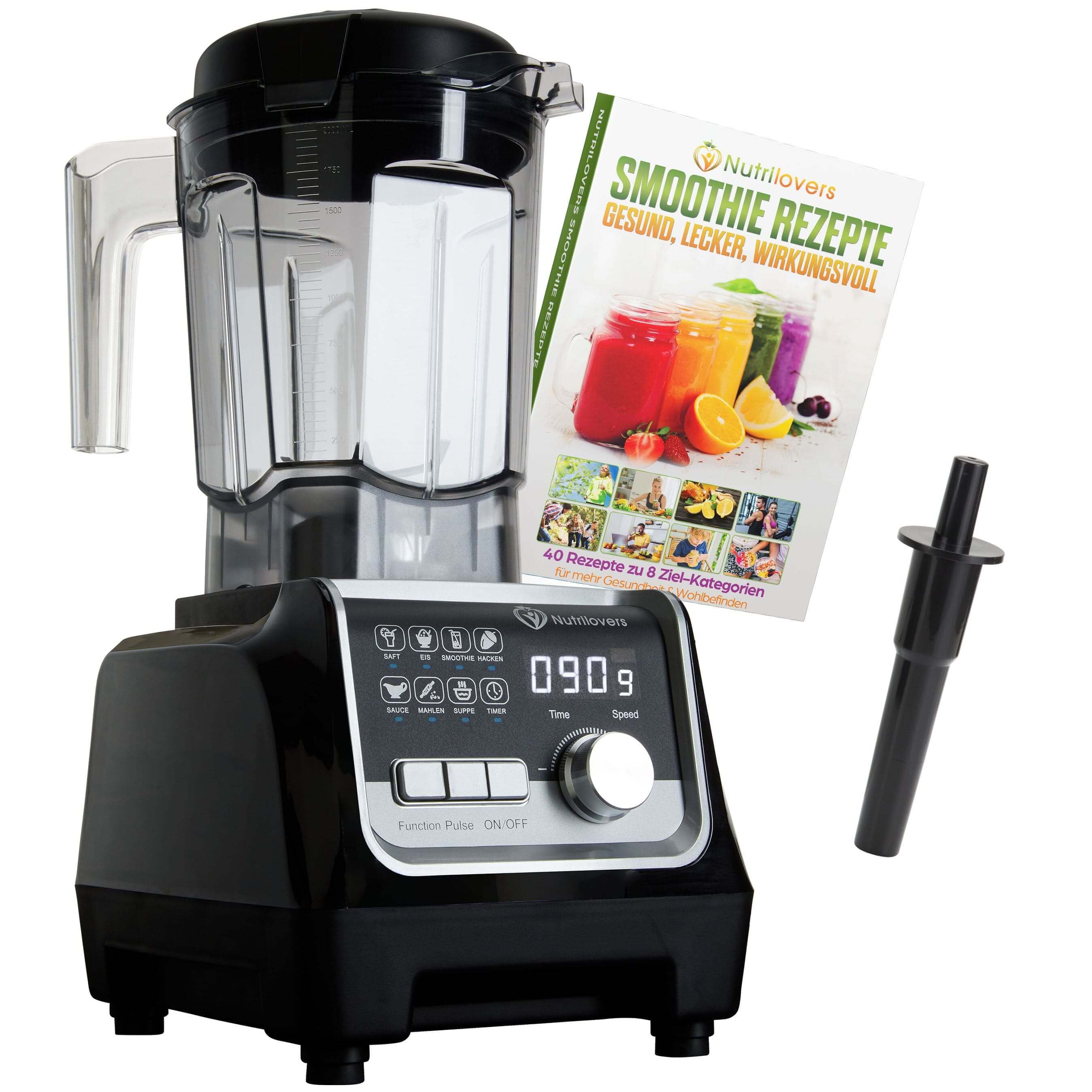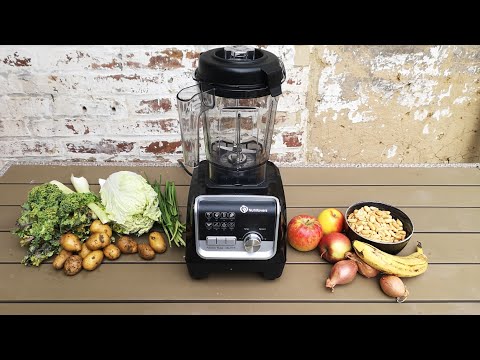Salt is a common ingredient in our kitchen. Everyone uses it, everyone consumes it, and almost every dish is seasoned with it. And that's justifiable, because it's a vital electrolyte for our bodily functions. But too much of it is harmful to the body. It raises blood pressure and weakens the immune system.
Most Germans consume far too much salt – and don't even realize it. It's primarily found in convenience foods and processed foods like bread, sausage, cheese, and instant sauces. In this article, you'll learn what's important for healthy salt consumption and how you can create healthy alternatives with simple herbal salts.
What is table salt anyway?
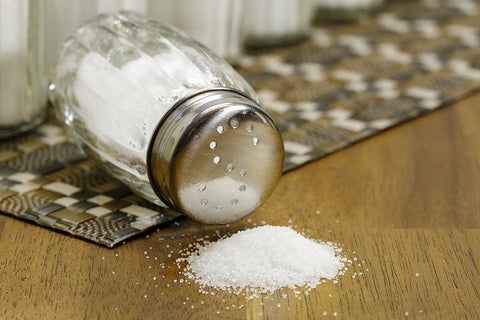
Chemically, it is a compound of positively and negatively charged ions. The table salt most commonly used in our kitchens is predominantly extracted from the sea or salt mines. Raw sea and rock salt undergo a chemical refining process, which removes minerals such as magnesium and potassium, leaving pure sodium chloride.
Thousands of years ago, this "white gold" was already an important commodity, as people recognized its value for food preservation early on. Today, salt products with iodine or fluoride are common. Natural salts like Himalayan salt are also trending.
Why does the human body need table salt?
Sodium chloride is vital for all bodily functions. It regulates fluid balance, ensures the transmission of nerve impulses, supports bone formation and digestion, and controls the absorption and processing of nutrients.
All of your body's cells are in constant communication with their environment. They absorb nutrients and water and release waste products and excess fluid. This exchange is called osmosis and occurs due to differences in salt concentration inside and outside the cells. Too little salt intake can lead to dehydration and sodium deficiencies – the body's water remains bound in the cells. In the worst cases, the consequences are fatigue, headaches, dizziness, and lightheadedness . Too much salt intake, on the other hand, increases blood volume, constricts blood vessels, and raises blood pressure .

Sodium chloride also plays an important role in your nerve cells. It enables the buildup of electrical voltage and the transmission of nerve impulses.
It also supports the production of hydrochloric acid in the stomach, which breaks down proteins from the diet and thus contributes to a healthy metabolism .
As you can see, sodium salt is involved in many important bodily functions. However, the right amount is crucial – too little makes you sick, but too much also makes you sick.
What salt consumption is healthy?
On average, your body contains 200 to 300 grams of salt compounds stored in your cells and bones. Every day, you lose some of this through metabolic processes, excretions, and sweat. Those who exercise heavily lose more. Fever or vomiting also pose a risk of significant salt loss. You must compensate for these losses through your diet.
The World Health Organization (WHO) recommends a salt consumption of about 5 g per day. This corresponds to about one teaspoon. By comparison, 100 g of semi-hard cheese contains 1.5 g of sodium. This means that the daily requirement is met more quickly than many people think.
Which salt consumption is unhealthy?
According to scientists, the ideal salt intake is between 4 and 6 g per day. During periods of increased salt consumption—for example, in competitive athletes or during a bout of stomach flu—salt consumption may be temporarily increased to compensate for these losses.
In general, however, we Europeans consume significantly too much of the mineral, even regardless of such exceptional circumstances. The average German salt consumption is around 9 to 12 g—more than double the recommended amount. This high figure is due less to seasoning in cooking than to the consumption of highly processed foods.
How does table salt affect your health?
The body's reaction to high salt intake is not the same for everyone. Apparently, we differ in our salt sensitivity. However, persistently elevated salt consumption almost always leads to an increase in blood pressure. Chronic high blood pressure, in turn, is a major risk factor for cardiovascular disease. Atherosclerosis, heart attack, or stroke can be the consequences. At the same time, research shows that increased salt consumption reduces the effectiveness of blood pressure-lowering medications. Adequate salt consumption is therefore crucial for both the prevention and treatment of high blood pressure.
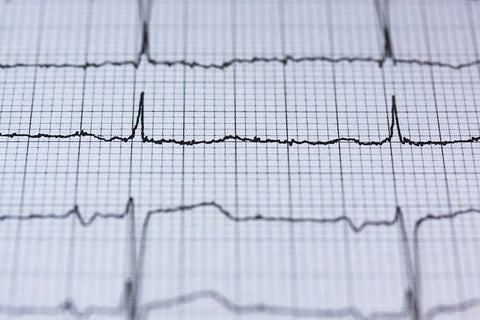
Sodium acts as a flavor enhancer in food. It stimulates your appetite and can contribute to obesity —another risk factor for cardiovascular disease.
Your kidneys, which are responsible for excreting excess nutrients, are also stressed by a high salt intake. In cases of kidney weakness, doctors often recommend reducing salt consumption.
How does table salt affect your immune system?
Many people are unaware that increased salt consumption also impairs the immune system . Your immune system is largely controlled by your intestinal flora . Millions of healthy bacteria live there, fighting and neutralizing invaders like viruses. Excessive salt concentrations alter the composition of this microbiome in the gut. The number of healthy lactobacilli decreases, while the number of so-called Th17 helper cells in the bloodstream increases. These cells promote inflammatory reactions and autoimmune diseases in the body.
A healthy diet is important to strengthen your immune system. This is especially true given the current COVID-19 outbreak. Especially now, you should pay attention to living a healthy lifestyle, strengthening your immune system, and avoiding unnecessary risks like excessive salt consumption.
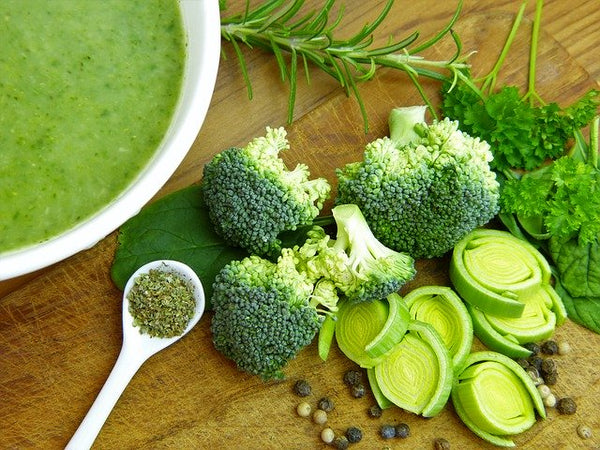
5 practical tips for your immune system
- Maintain a healthy diet. Prioritize fresh foods and avoid highly processed products.
- Go out into the fresh air every day.
- Make sure you get regular exercise and sport, even during the coronavirus pandemic.
- Dissolve 1/2 teaspoon of iodized salt in 250 ml of water and use this salt water to gargle. This will disinfect your throat mucous membranes.
- Reduce your salt consumption. Use healthy herbal and salt blends whenever possible.
Herbal salt – the healthy alternative
Conventional table salt loses many important nutrients during the refining process. Using fortified iodized salt, high-quality sea salt, or Himalayan salt improves your overall health. These contain magnesium, potassium, and manganese. The iodine in salt helps combat iodine deficiency, which is common in thyroid disorders.
If you're worried about consuming too much salt per day, salt blends with herbs are recommended. Herbal salts consist of 75 to 90% salt and herbs. This choice not only reduces the amount of salt you consume, but also adds healthy active ingredients from natural herbs to your diet. On top of that, you save on salt when cooking, as the herbs add additional flavor to your dish. Many chefs use this alternative in their professional kitchens.
Herb and salt blends are easy to make yourself. Your imagination is the limit! Use sea salt as a base and add your favorite herbs.
To get you started, we have a simple recipe suggestion for you:
🌿 Herb salt with rosemary, thyme, and marjoram | Recipe
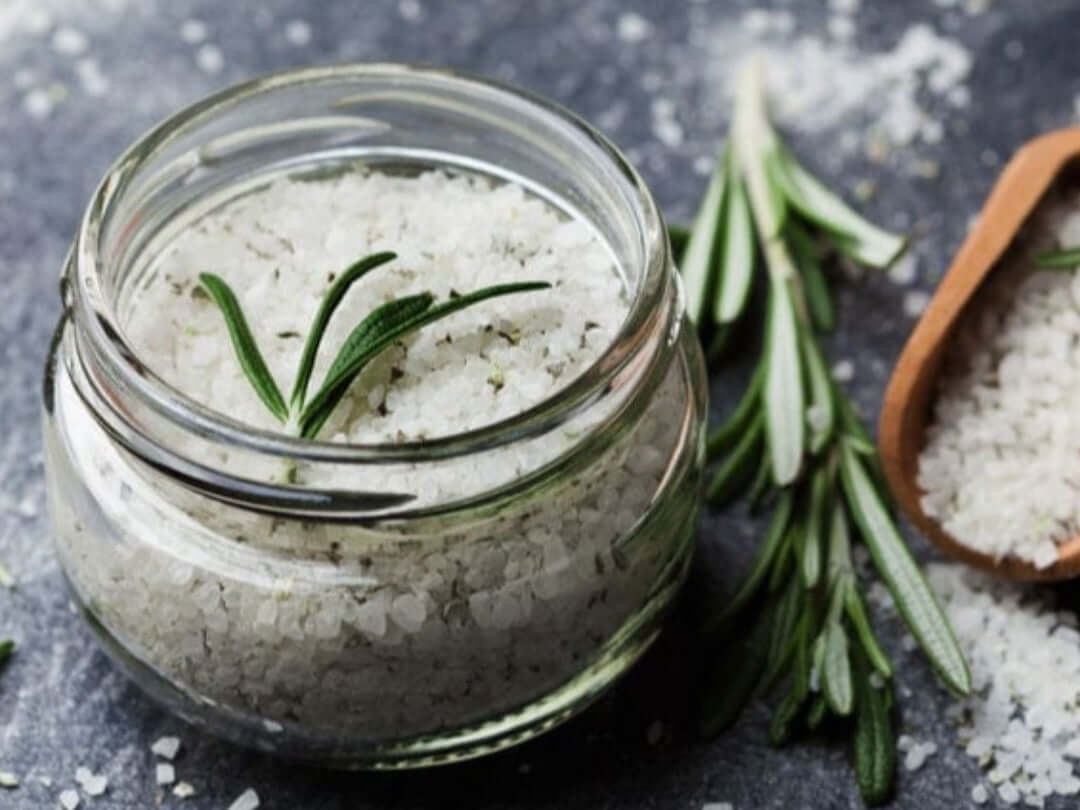
Ingredients
- 500g coarse sea salt
- 1/2 bunch each of parsley, thyme and marjoram
- 1 sprig of rosemary
preparation
Crush the salt grains with a mortar or a food processor – we recommend the Nutrilovers NUTRI-CHOPPER universal chopper.
Wash the herbs, remove their stems, and let them dry completely.
Put the salt and herbs together in the chopper and mix everything well until all ingredients are finely chopped and the salt and herbs are evenly mixed.
Storage: Now pour your homemade herbal salt into clean, dry jars. Seal the jars tightly with a lid.
Such salt mixtures have a very long shelf life. Mold growth is virtually impossible because the salty mixture preserves the herbs.
NUTRI-FACT:
Parsley contains vitamin C, folic acid, and the feel-good trace element manganese . Thyme and marjoram boast antibacterial effects on the respiratory and gastrointestinal tracts.
Finally, rosemary is a true immune booster and fights viruses and bacteria in your body.
Bon appetit!


